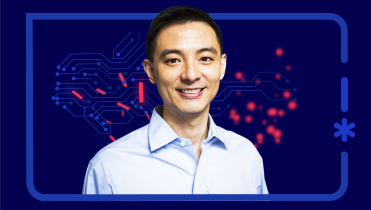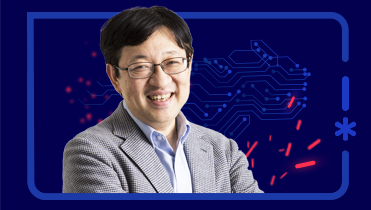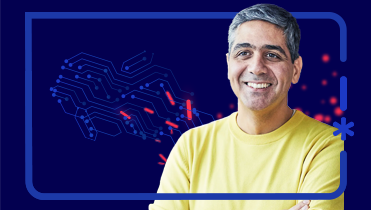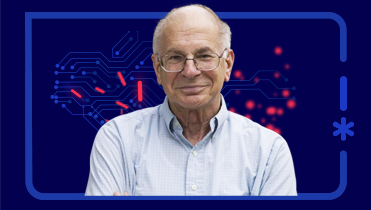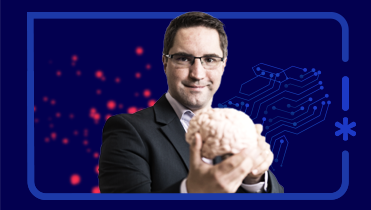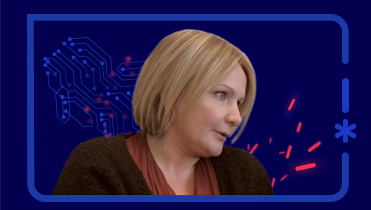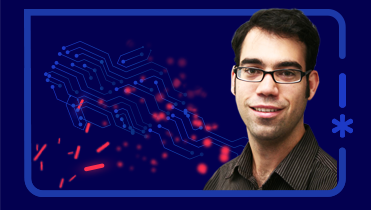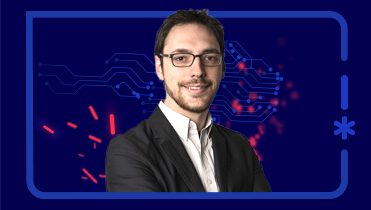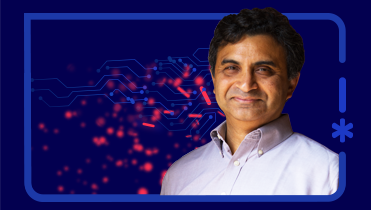Marblestone, Adam
Adam Marblestone is working to roadmap and launch science and technology moonshot projects that call for novel organizational and funding models. He is currently a Schmidt Futures Innovation Fellow and affiliated with the Federation of American Scientists (FAS).
Previously, he was a research scientist at Google DeepMind studying connections between neuroscience and artificial intelligence. He was also Chief Strategy Officer of the brain-computer interface company Kernel, a research scientist in Ed Boyden's Synthetic Neurobiology Group at MIT working to develop new technologies for brain circuit mapping, a PhD student in biophysics with George Church and colleagues at Harvard, and a theoretical physics student with Michel Devoret at Yale working on quantum information theory.
His work has been recognized with a Technology Review 35 Innovators Under 35 Award (2018), a Fannie and John Hertz Foundation Fellowship (2010) and a Goldwater Scholarship (2008). He has also helped to start companies like BioBright, and advised foundations such as the Open Philanthropy Project.

